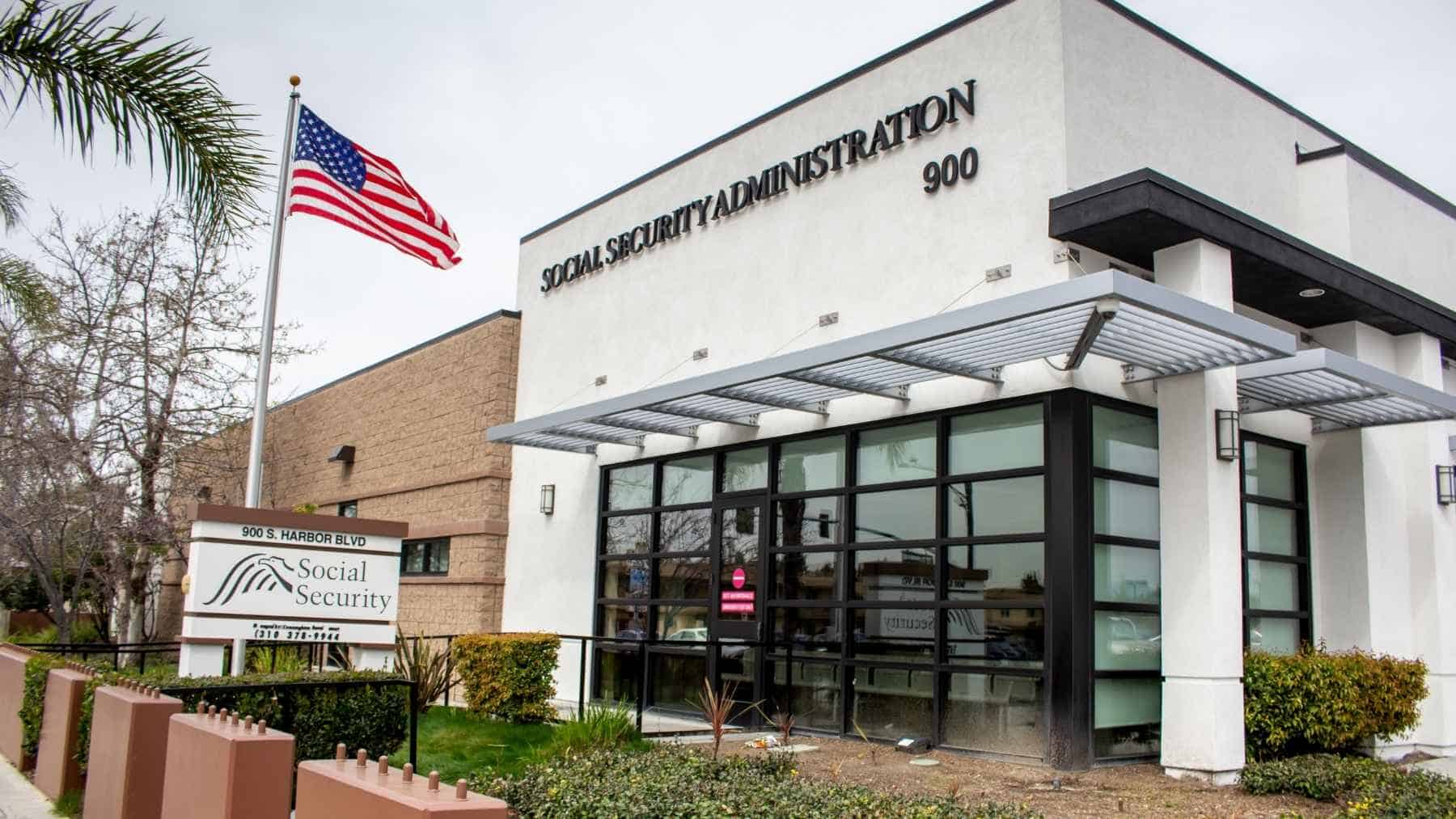The Social Security Administration has announced a major decision that will change its system and how it delivers services to its beneficiaries. SSA is implementing artificial intelligence (AI) to modernize and improve the efficiency and accuracy of hearing recordings and transcriptions.
This new AI system is known as Hearing Recording and Transcriptions (HeaRT) and is set to replace outdated hardware. Besides improving the efficiency and accuracy of hearing recordings and transcriptions, the agency aims to reduce the costs of Social Security hearings.
A Game-Changing System
The SSA’s HeaRT system is a software-based AI solution that will replace the outdated hardware that has for the longest time been used in hearing recordings. The system will record in-person, telephone, and video hearings and generate more accurate and reliable transcripts.
This transition to an AI-powered system will;
- Eliminate technical failures experienced when using outdated equipment.
- Minimize hearing delays and cancellations.
- Reduce reliance on manual transcription which takes time and is at times inaccurate.
- Save the agency approximately $5 million per year.
The acting commissioner Lee Dudek was confident about the decision and how important it was to the future of SSA and he said, “By eliminating outdated systems and replacing them with innovative software that is proven to work, we are improving our services for Americans and saving millions each year.”
Close to 500,000 Social Security beneficiaries are affected by hearings annually, and with this one technological advancement coming up, a big change is expected as far as service delivery is concerned.
How This Change Could Affect Retirees
The HeaRT system will be beneficial to retirees because it will improve accessibility considering that most of them rely on telephone calls and video hearings especially those with mobility issues. Many retirees will also be saved from long waiting times for Social Security hearings, especially for appeals. AI will speed up processing times and minimize backlogs.
The HeaRT system will also improve accuracy in recordings and produce more accurate transcriptions minimizing errors that sometimes occur with human transcriptions. Due to these improvements, it is expected that hearings will be fairer.
Although this AI-powered system is expected to be beneficial, there are a few drawbacks that retirees among other beneficiaries are expected to face. According to experts, AI-generated transcripts aren’t always 100% accurate and therefore, there could be errors that may affect case outcomes for retirees. Also, some retirees are not familiar with AI and are worried that it could misinterpret their testimonies impacting their retirement benefits.
The system also means reduced human oversight and even though AI is usually efficient, removing human oversight makes it complicated for retirees who may need clarifications or more guidance when representing their cases.
Expert Opinion on the AI Expansion Plan
Professor Daniel Ho who is a member of the National Artificial Intelligence Advisory Committee expressed both optimism and caution about the implementation of AI in SSA’s service delivery. He said that AI could eradicate inefficiencies and resolve backlogs but warned that automated transcriptions must be monitored carefully because they could have errors that might affect case hearings.
“Our benefits systems need to be modernized, and AI can play an important role in addressing challenges like backlogs and inconsistencies,” Ho stated. “But we must also be mindful of risks, as AI transcription is still prone to mistakes.”
Some retirees and advocacy groups have also raised concerns that the reduction of human review could affect service delivery. They argued that should not replace human oversight but instead complement it, especially in cases where the benefits and livelihoods of beneficiaries are at stake.
When The Change is Expected to Take Effect
The SSA has confirmed that the nationwide rollout of the HeaRT system will be complete by March 17, 2025. This means that starting this date, all Social Security hearings will use the AI-driven system for recording and generating transcriptions.
Retirees who have pending hearings or are appealing SSA decisions are advised to stay informed about how the implementation of HeaRT will impact their cases.
What the Implementation of AI Means for the Future of Social Security
The SSA’s decision to integrate AI into its service delivery system is a major shift in how hearings will be processed. It also raised questions about the role AI will play in other government services. Some of the questions are;
- Will AI be integrated into other SSA systems besides hearings and recordings?
- Could future SSA decisions rely more on automation instead of human judgment?
- Will AI affect how benefits are awarded or denied?
Conclusion
The integration of AI in SSA’s systems will have both positive and negative effects on retirees and other beneficiaries. While it promises to save costs, improve efficiency, and make hearings faster, there are concerns about reduced human oversight and errors associated with AI.
As SSA moves towards this major shift to AI, retirees are advised to remain vigilant, proactive, and informed. They are also advised to advocate for oversight to ensure that the human aspect is applied where needed.

